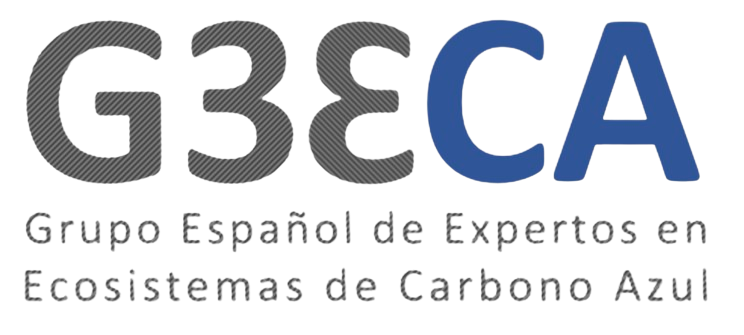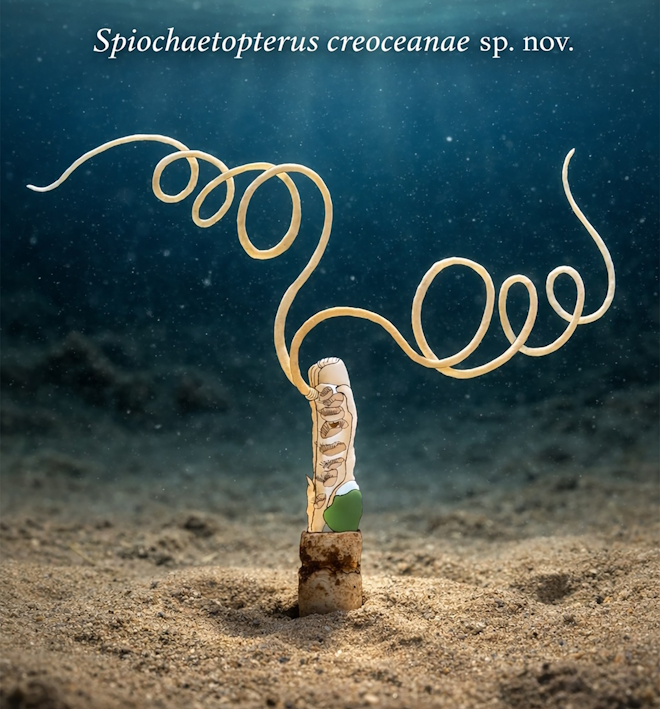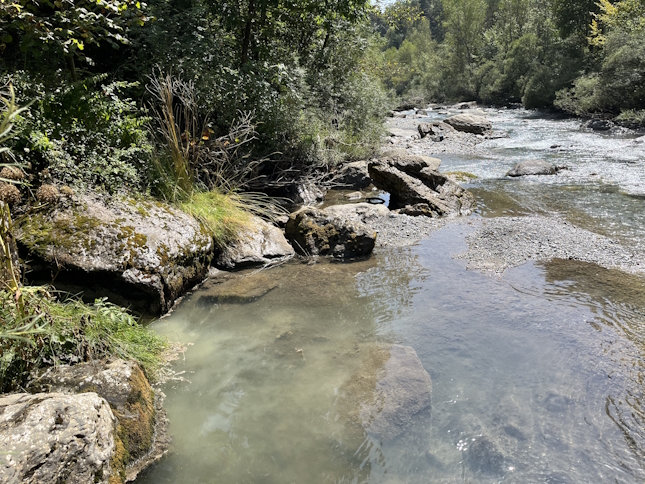The proposed Research Network is a pioneering initiative in Spain focused on Blue Carbon Ecosystems (BCE), such as saltmarshes and seagrass meadows. It is based on the recently established Spanish Group of Experts in BCE, which brings together researchers and professionals from all coastal autonomous communities. The main objective of the Network is to foster collaboration among national and international research groups to advise society and authorities on the key role of BCEs in combating climate change and promoting sustainable development.
The proposal is structured around three main areas of work: analysis of the current state of BCEs and existing knowledge gaps; advising managers and political decision-makers to develop strategies and plans for conservation and restoration; and the internationalization and dissemination of the knowledge generated. Additionally, the Network plans to organize the first international congress on BCEs, develop training courses, and carry out targeted outreach efforts to strengthen awareness and commitment to these ecosystems across different sectors of society.
The Network aims to generate a strong scientific, environmental, and social impact. Beyond contributing to meeting commitments such as the EU Nature Restoration Law or the 2030 Agenda, it seeks to establish a unified standard for blue carbon credits based on the pioneering Andalusian model, with the goal of extending it to the European level. It will also create a national inventory of BCEs and a web portal to centralize all relevant information. Finally, the training of new experts and the creation of an interdisciplinary network will facilitate innovation, knowledge transfer, and the integration of BCEs into public policies and business initiatives.










